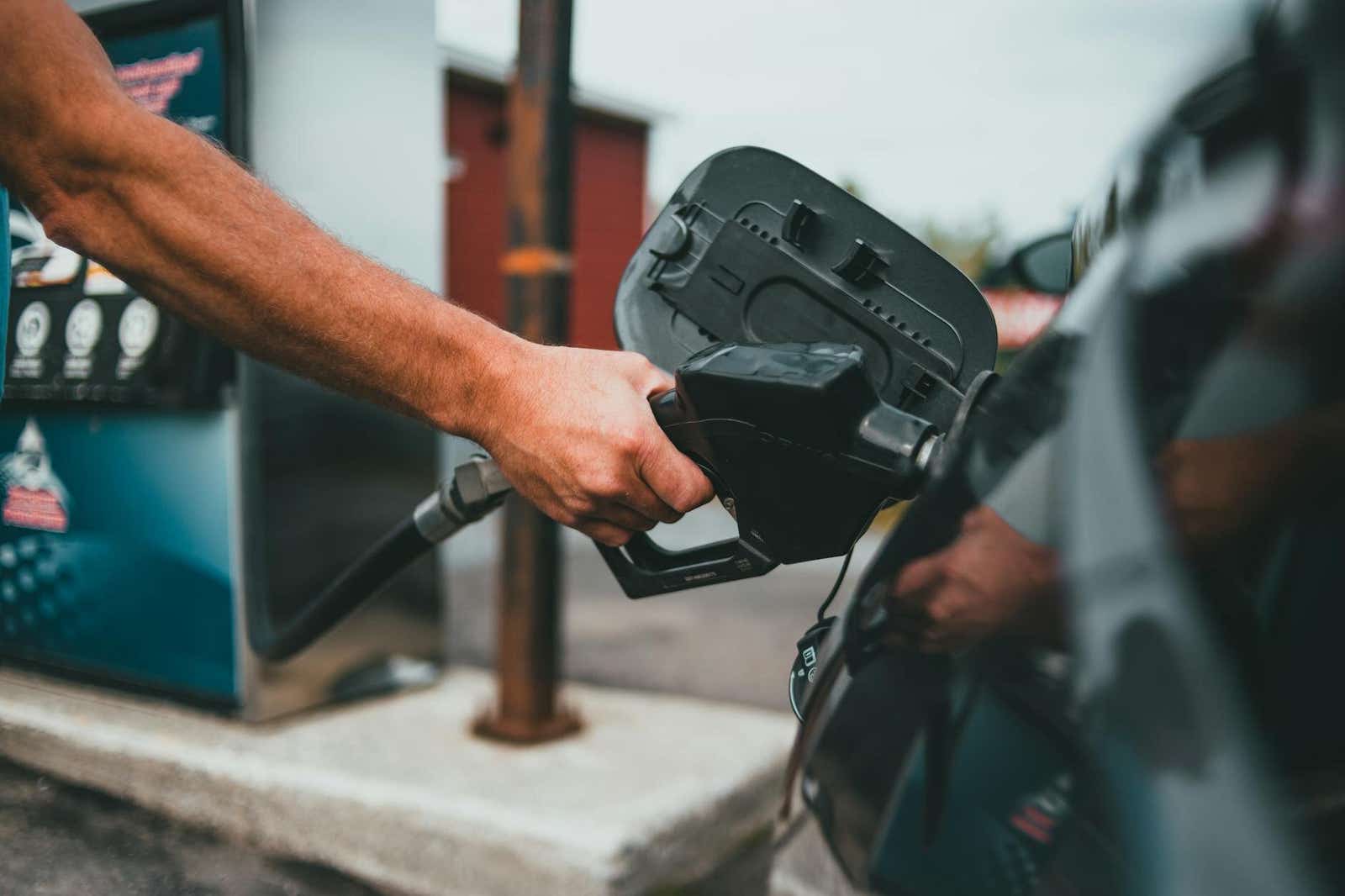How to improve your fuel economy


Why is fuel so expensive?
Fuel prices are high due to a combination of factors.
Crude oil is bought by retailers on the global market, where prices might fluctuate with supply and demand. Exchange rates are also likely to have an effect on fuel prices.
Here are some other ways that the price of fuel can be affected:
- Fuel duty, a tax on fuel, and Value Added Tax (VAT) This adds a substantial amount to the cost of a litre of fuel. In the UK, these taxes can make up a significant portion of the overall price, according to Auto Express.
- Supply chain disruptions: The COVID-19 pandemic caused disruptions to the global supply chain, including transportation delays and labor shortages. These disruptions have added to the cost of fuel by increasing the expenses involved in getting fuel from the refinery to the pump.
- Geopolitical tensions:Recent conflicts and political tensions in certain regions have further impacted fuel prices. Concerns about supply disruptions due to conflict and the potential for sanctions have led to increased global oil prices.
- Currency exchange rates:The exchange rate between the pound and the US dollar, in which crude oil is traded, also affects fuel prices in the UK. A weaker pound can lead to higher fuel costs.
When is fuel consumption at its highest?
Fuel consumption is highest when accelerating. It's likely you'll have to accelerate on multiple parts of your journey.
Aggressive driving, including rapid acceleration and braking, also contributes to higher fuel consumption. It's always best to accelerate gently to improve your fuel economy.
Idling for extended periods also burns fuel unnecessarily, so try to avoid this wherever possible.
Higher speeds, particularly those exceeding 70 mph, significantly increases fuel consumption due to increased drag.
On some motorways in England and Wales, the government cut the speed limit to reduce emissions. Usually, the less emissions you're creating the less fuel you're using. So travelling at 50 mph instead of 70 mph could improve your fuel consumption.
How can my driving habits reduce my fuel consumption?
Adopting better driving habits can also improve your fuel economy. Here are some driving habits that can help you reduce your fuel consumption:
Drive smoothly
Anticipate traffic and road conditions to avoid harsh acceleration and braking, which can reduce fuel efficiency.
Maintain a steady speed
Avoid frequent changes in speed, as this can increase fuel consumption.
Use gears effectively
Shift gears at the optimal Revolutions Per Minute (RPM) range for your car's engine, typically between 1,500 and 2,500 RPM for petrol engines.
Avoid idling
Idling wastes fuel because the engine burns fuel to produce power while stationary, even though the vehicle is not moving. This means the engine is consuming fuel without any work being done, resulting in a loss of fuel efficiency and increased emissions.
Reduce drag
Close windows and remove roof racks when not in use to reduce drag and improve aerodynamics.
Use air conditioning sparingly
Air conditioning uses engine power, so use it only when necessary and consider turning it off for short trips.
How can car maintenance reduce my fuel consumption?
Keeping up good car maintenance is also a great way to improve your fuel economy. Let's go through some of the ways to save:
Maintain proper tyre pressure
Under-inflated tyres increase rolling resistance, which can lead to lower fuel economy.
lighten the load
Remove unnecessary items from your car, as every 50kg of extra weight can reduce fuel efficiency by around 2%.
Regular maintenance
Ensure your car is properly serviced, including oil changes, air filter changes, and fuel injection services.
Check wheel alignment
When wheels are misaligned, they create more resistance against the road, requiring the engine to work harder to get the vehicle moving. The increased effort means more fuel consumption and lower gas mileage.
Use recommended oil
Use the motor oil recommended by your car's manufacturer to optimize fuel efficiency.